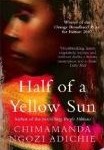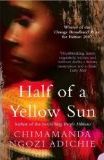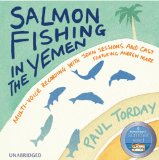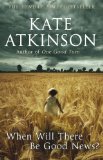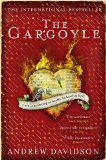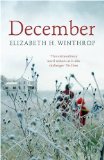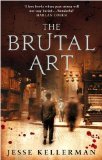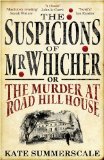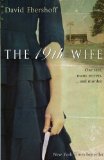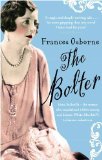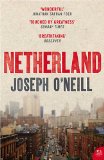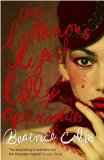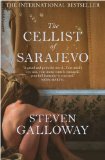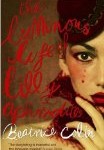Winner of the Orange Prize 2007
.
.
..
The second half of this book was very different from the first. I actually found it quite difficult to read in places, as it was so emotional. The suffering of the Biafran people, as they were murdered, abused and starved was heart breaking to read. This book really highlights the horror of war, the way people abuse their power, and the depths they will stoop to in order to survive.
Sometimes it was the simplest of quotes which conveyed the strongest message:
“How have you been, my brother?”
“We did not die,” he said.
If any further explanation had been given, it would have in some way belittled the events they experienced. If the only good thing you can say is that you did not die then, the magnitude of the devastation is enforced.
In my first post, many of you said that you thought my high opinion of Ugwu would change when I read the final section of the book. I don’t want to give anything away, as I realise that there are still lots of you out there who haven’t read this yet, but Ugwu remains my favourite character. I know he did a terrible thing, but I can understand how peer pressure and war can make people do things they would never normally do. Ugwu felt immense guilt and remorse afterwards, and because of this I will forgive him. It actually makes me feel more compassion for him, as I think he will suffer from the guilt of his actions for the rest of his life.
In my first post I also stated that the female characters didn’t come across very strongly. I have to say that in the second half of the book they came into their own. Each and every one of them showed an inner strength that I admire. By the end of the book I loved every single character in some way. Perhaps it is just that everyone who has had to endure the horrors that they did gains sympathy in my eyes, and are stronger because of the things they have gone through. Is this wrong? Or do you think that war can turn everyone into better people?
The one thing I didn’t like was the way they referred to the six-year-old girl as Baby. For a long time I assumed she was a baby, and it really threw me when I first realised how old she was. This is probably some symbolism I just don’t understand – so please bear with me!
I can’t say that I ever really enjoyed reading this book. I am really pleased that I read it, but the subject matter was so distressing that I don’t feel I can recommend it to everyone. The fear oozes from every word:
The first explosion sounded distant. Others followed, closer, louder, and the earth shook. Voices around her were shouting, ‘Lord Jesus! Lord Jesus!’ Her bladder felt painfully, solidly full, as though it would burst and release not urine but the garbled prayers she was muttering.
This really is an incredible book though, the writing is powerful, the characters realistic and multi-layered – the only thing this book is lacking is happiness.
It will become a classic. Highly recommended.
![]()
What did you think of this book?
Will it still be read 50 years from now?
Did you find it distressing to read?
